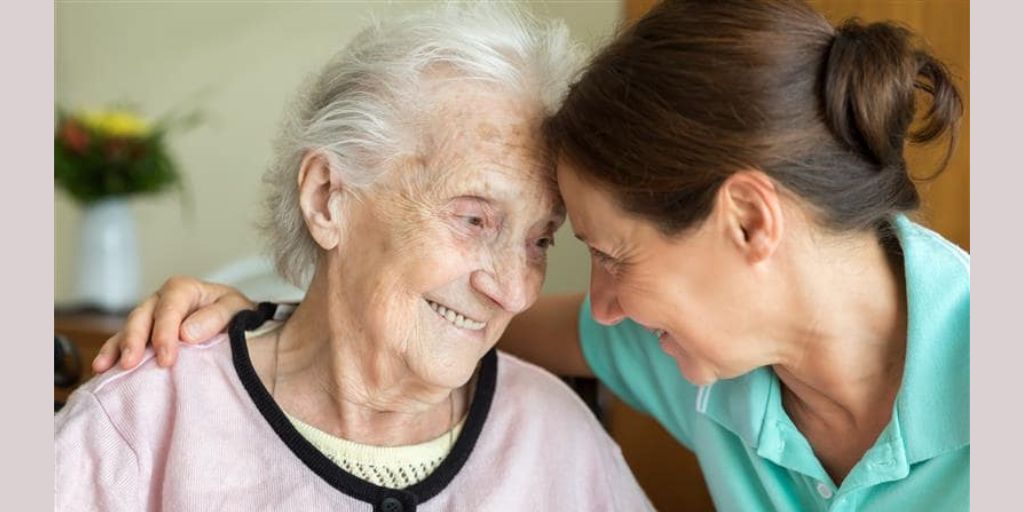
London, April 2025 – As health and care in the UK face a defining moment under the Labour Government, a new report from Tunstall is calling on policymakers to learn from international approaches to move from crisis-driven to proactive and preventative care models. With the NHS 10-year Health Plan due to be launched imminently, there is an urgent need for patient-centred solutions which support the needs of an aging population whilst delivering savings across the stretched health and care landscape.
Technology promotes independent living, modernises care delivery, reduces hospital reliance and first response burdens and benefits both individuals and caregivers. Independent research studies show that £4,500 per person is avoided in other social care costs annually, thanks to telecare use.
This new report highlights that the scale of potential savings could be significantly increased with reform to funding, and the integration of health and care to prioritise preventative solutions, as has been effectively introduced in Spain.
The Spanish model sees central funding provided for proactive services, which shifts the focus from crisis-driven responses to preventative interventions. By building in risk identification, tailoring of telecare solutions and leveraging data, benefits are accrued to health and care settings, as well as to both individuals receiving care and caregivers. The move to proactive and telecare in Spain has contributed to 54% fewer emergency calls, a 36% reduction in ambulance mobilisations and a further 8.6 more months of independent living at home realising significant benefits for the country.
Meanwhile, while UK health and care budgets continue to grow year on year in real terms, costs are increasing faster than spending at a time when ageing populations have increasingly complex needs. Current UK funding models prevent health and care systems from realising the benefits from a more integrated and proactive approach. Despite progress with the pooling of funds through Integrated Care Boards (ICBs), certain funding streams remain distinct, complicating efforts to fully integrate initiatives. By reducing duplication, enhancing preventive care, and addressing chronic conditions early, integration lowers overall costs.
To access these benefits, the report sets out how the 10-Year Plan could provide targeted funding consideration by the NHS, via ICBs, to support local authorities. The report also highlights what UK policymakers can learn from other countries in addition to Spain including France, Germany and Finland where steps towards greater health and care integration are benefitting their healthcare systems.
Patti Wynn, Chief Health & Care Strategy Officer at Tunstall, says: “We are at a key moment of opportunity here in the UK, as the Government and partners grapple with the future of the NHS. The opportunities presented by technology are evolving at pace, and to address the challenges of funding pressures from an ageing population, now is the time to “invest to save”.
”In this report, we are drawing on Tunstall’s global reach to learn from other markets about what is possible when this approach is taken. By unlocking funding to leverage proactive telecare, we can create a future-ready healthcare model that is efficient, equitable, and resilient.”
Jeremy Porteus, Chief Executive, Housing LIN, says: “Ensuring that older and vulnerable people can live safely and independently in their homes is a growing challenge for mainstream and specialist housing providers. Technology plays a crucial role in helping residents stay in their communities for longer through delivering proactive and preventative solutions that reduce the chance of emergency intervention.
To truly integrate housing, health and care, we need sustainable funding models that empower local authorities and housing associations to invest in technology solutions at scale. This report discusses and demonstrates how a shift towards proactive and preventative support can unlock cost savings and improve quality of life, ensuring housing providers can better support their residents at home while reducing pressure on the NHS and social care systems.”
Roy Sandbach OBE, Interim Chair of the TSA and former Director of the National Innovation Centre for Ageing, says:“Now is the perfect time for Government to strategically convene on the issue of health and care integration and facilitate this with a vision for long-term investment. Without this, investing in upstream benefits that enable independence for care seekers and reduce pressure on care givers, will remain challenging. As a dramatically developing technology sector, we must keep advocating for and demonstrating these benefits to unlock funding and support better quality care for the elderly and vulnerable.”
You can download a copy of the whitepaper here.












